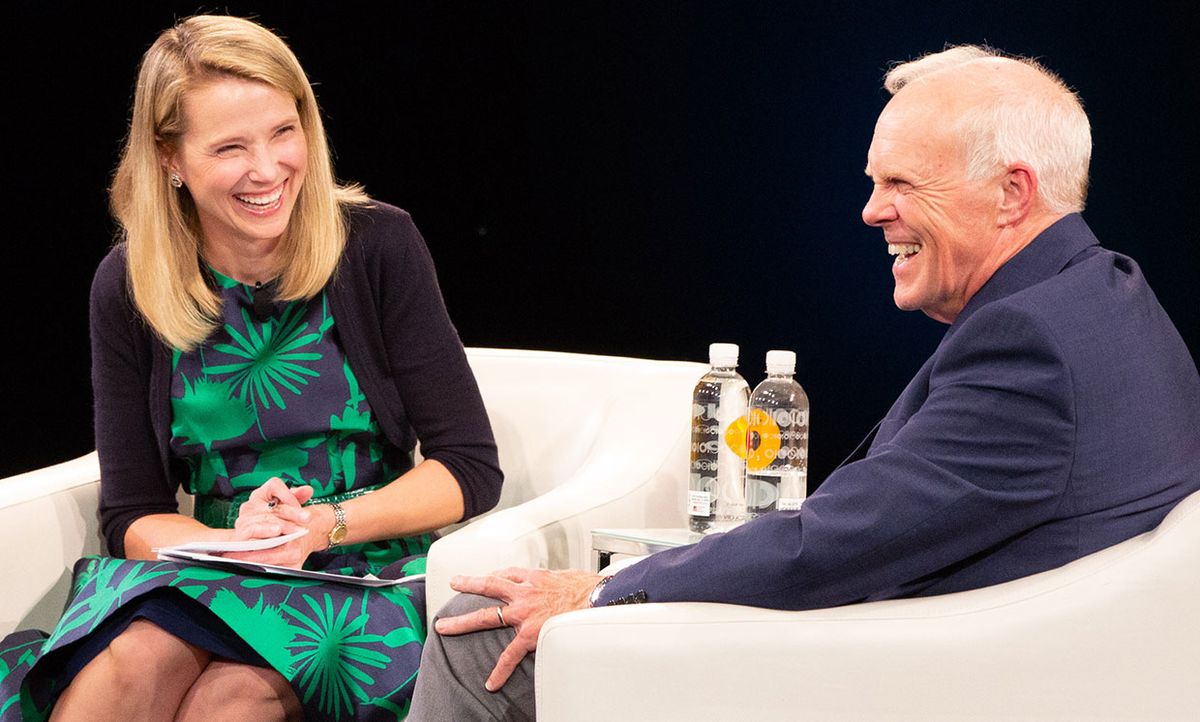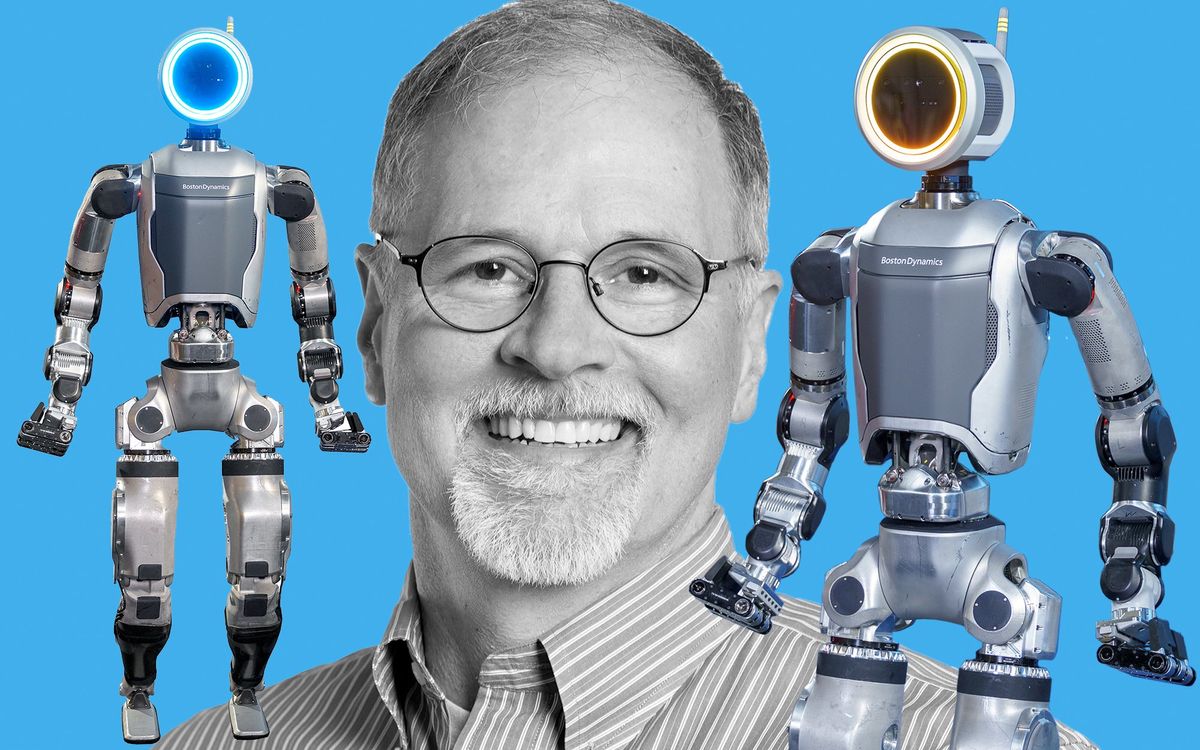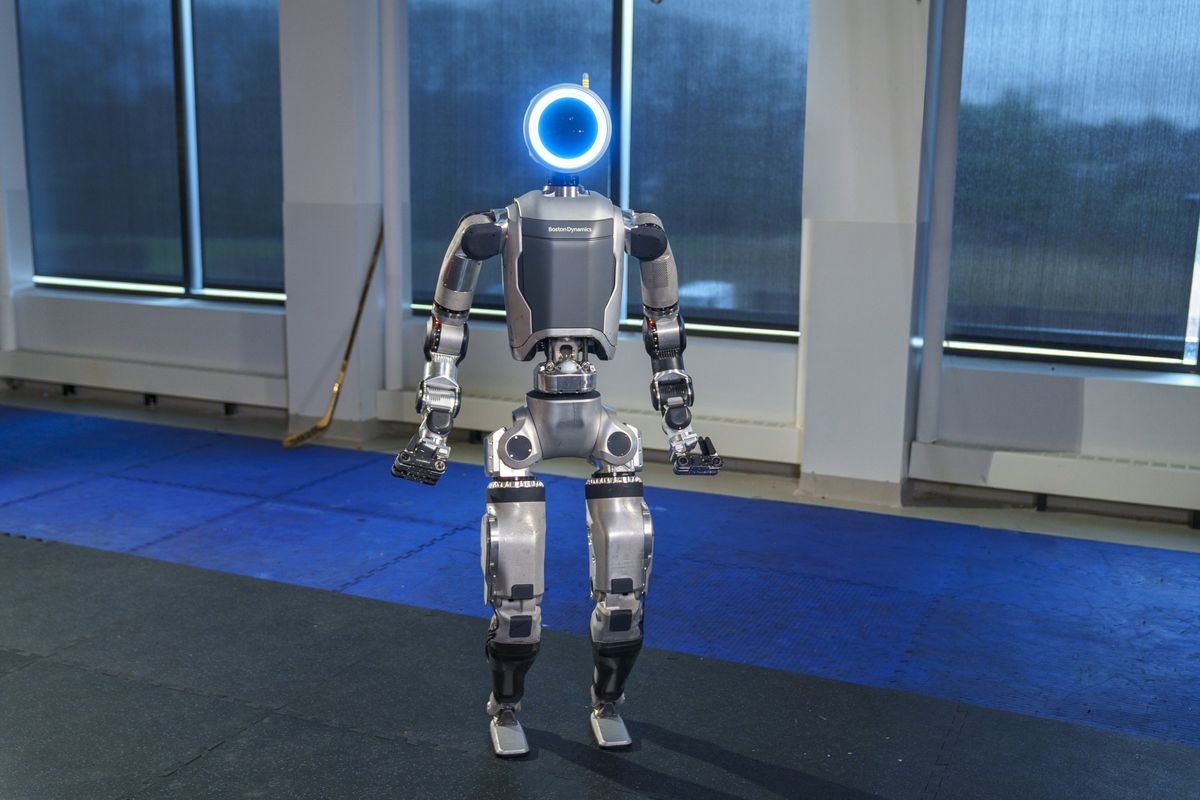Last week, Alphabet chair and former Stanford University president John Hennessy joined former Yahoo CEO Marissa Mayer on the stage of the Computer History Museum to discuss leadership and to promote Hennessy’s new book, Leading Matters: Lessons From My Journey. I’ve interviewed both a few times in the past, and they generally lean toward being outspoken—even blunt—so I thought there was a fair chance that the discussion would turn provocative.
In that, I was mainly disappointed. Mayer (who recently founded tech incubator Lumi Labs) read from a list of questions and only rarely interjected with personal comments; Hennessy’s responses seemed rehearsed. (I don’t think he reviewed the questions in advance, though I heard speculation about that from audience members; the stories he shared onstage were generally ones he’d told before.)
However, in a few responses scattered throughout the evening, Hennessy did hint at some of the issues on his mind when he’s wearing his Alphabet/Google hat. (In addition to that job, Hennessy also holds a teaching role at Stanford.) Putting those responses together makes it clear that, in the current business climate, figuring out how and where to steer Alphabet is more challenging than ever.
When asked by Mayer which business theories stand the test of time, Hennessy replied, “Some notion of authenticity and trust. If you think about your experience at Google, the fact that users trusted search, that it isn’t biased, [that the results] will be in what we think is the best order, not [reflecting] what advertisers have paid,” has been crucial to building the company.
In answer to a question about the hardest aspects of leadership today, Hennessy reflected on the loss of long-term thinking. Today, he said, “the focus is on shareholder value.” Indeed, he said, shareholder value is important, “but not the next quarter, [rather] five or ten years from now.”

Considering a question from Mayer about risk in leadership, Hennessy said, “If you become very risk averse, you are never going to do anything very big. When I was put in the role of president [of Stanford], everybody knew I wasn’t going to be a storekeeper, I was going to find things and move in certain ways. Risk is part of that. The great thing in the Valley is that you can fail and come back—as long as it was a smart risk. There are stupid risks.”
But, Hennessy pointed out later in the conversation, taking risks in the current environment isn’t necessarily what it used to be. “Our companies have become more technically edgy than they ever were,” he said. “We’re in a different era. When I started in the Valley, we built products for other tech users and for the business community. Now we build products that touch everybody’s lives every day. That creates a different vision of the role of a company, and it’s going to require a more thoughtful wrestling with issues.”
Mayer raised the question of employee activism, a hot topic today in Silicon Valley with Google employees protesting the company’s work on a censored search engine for China and developing AI for drone warfare.
Hennessy indicated that his university experience was good preparation for dealing with the issue of employee activism. “Students make employees look like calm, sedate people,” he said. “Students are passionate about changing the world, about doing the right thing.”
Generally, he pointed out, making sure employees understand and are committed to the company’s mission is the best way to avoid problems. But, he continued, it can be damaging “when activism leaks out of the company, harming it, or [leading to the] disclosing of information not ready for public consumption.”
“How you balance those things has to be figured out,” he said.
The industry’s biggest current challenge? Hennessy had two answers to that question. His first response: “Look how quickly tech has gone from the darling of the world to getting blamed for everything. Neither one of these is right!”
He went on to a more measured reply. “For us,” he said, “we worry a lot about innovation and keeping the innovation cycle going, [finding] the next bold thing.”
This, of course, is nothing new today—but no less challenging than it was a few years ago. “I remember the discussion on the [Google] board when we were going to buy YouTube,” Hennessy said. The sticking point, as he recalls, was whether were they really going to “pay more than $1 billion for posting videos that people make at home, like dropping iPhones into blenders?”
“I remember that meeting,” Mayer chimed in. There was “a lot of discussion about cats.”
Then, Hennessy recalled, someone commented that video is to the new generation what text is to [Mayer’s] generation, “and boom,” the deal was approved.
A video of the full discussion is below.
Tekla S. Perry is a senior editor at IEEE Spectrum. Based in Palo Alto, Calif., she's been covering the people, companies, and technology that make Silicon Valley a special place for more than 40 years. An IEEE member, she holds a bachelor's degree in journalism from Michigan State University.



